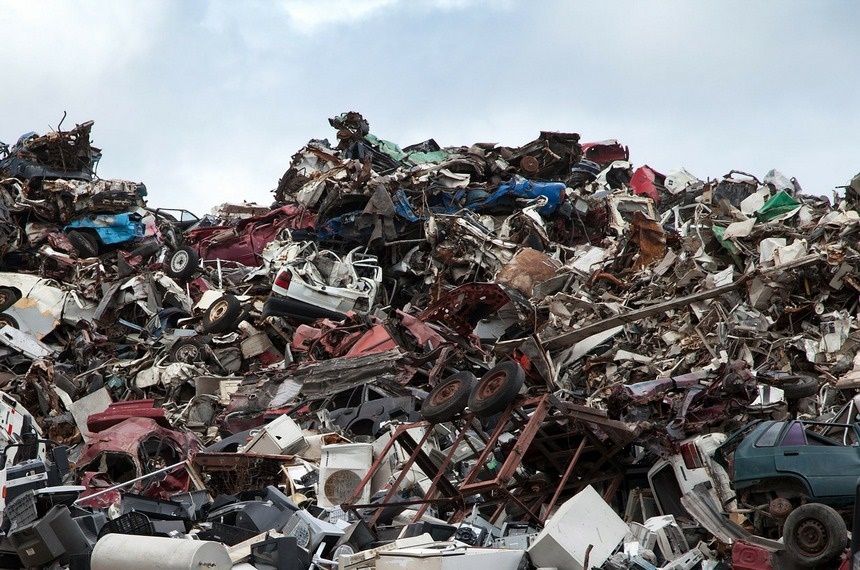
Circular economy: the end of landfilling in the EU?
EU Circular Economy Action Plan is a great opportunity to make European economy more sustainable and resource-efficient, create new jobs and boost innovation. In a circular economy, the value of products, materials and resources is maintained for as long as possible, as opposed to the linear economy which favours a ‘take-make-and-dispose’ model of production and consumption, which is causing the depletion of natural resources and generating huge amounts of waste.
In circular economy, materials are constantly being recovered, reused and recycled but also, more importantly, the generation of waste is minimised. Waste prevention must be regarded as the highest priority, according to the Waste Framework Directive; it should be the most important step in waste management hierarchy and a key factor in efficient and sustainable management of natural resources.
That also means that less waste would be sent to landfills, thus minimising negative effects of landfilling. In addition to emitting methane and carbon dioxide which are contributing to the greenhouse effect and global warming, there is also air pollution, contamination of soil and groundwater, loss of biodiversity in the surrounding areas and other consequences for health and environment.
This is all part of the reasoning behind new legislation on circular economy proposed in the European Parliament in February.
The proposal aims to strengthen EU provisions on waste prevention and extended producer responsibility, and streamline definitions, reporting obligations and calculation methods for targets. Member states should endeavour to ensure that as of 2030, all waste suitable for recycling is not accepted in a landfill. The draft law also limits the share of municipal waste to be landfilled to a maximum of 10% by 2035.
Waste management in the EU has improved considerably in recent decades: however, almost a third of municipal waste is still landfilled and less than half is recycled or composted, with significant variations between member states. For example, 2014 data suggest that 44% of all municipal waste in the EU is recycled or composted, a significant improvement from just 31% in 2004. In 2014, Austria, Belgium, Denmark, Germany, the Netherlands and Sweden sent virtually no municipal waste to landfill, whereas Cyprus, Croatia, Greece, Latvia and Malta still landfill more than three quarters of their municipal waste.
Improving waste management could deliver benefits for the environment, climate, human health and the economy as well as contribute to the achievement of UN's Sustainable Development Goals.
Author: Ivan Petarčić (RRiF-plus d.o.o.)

Follow us on